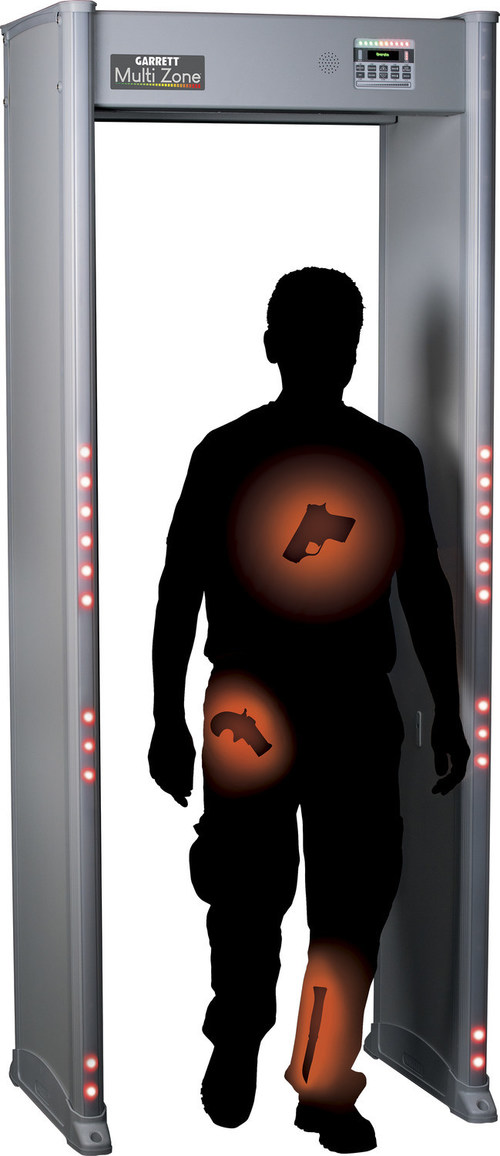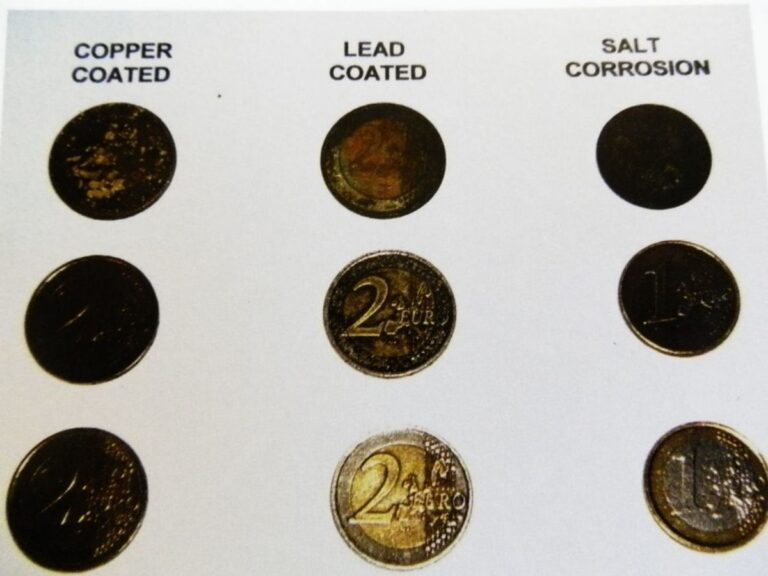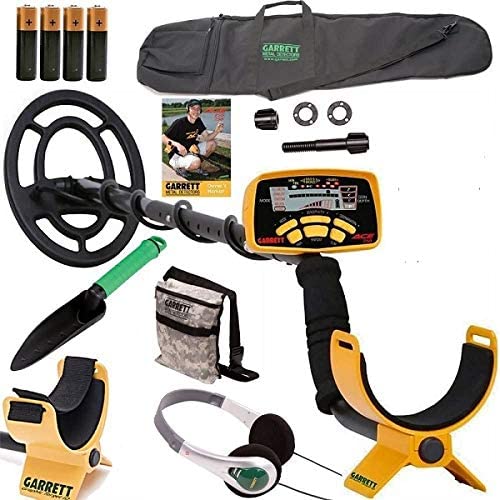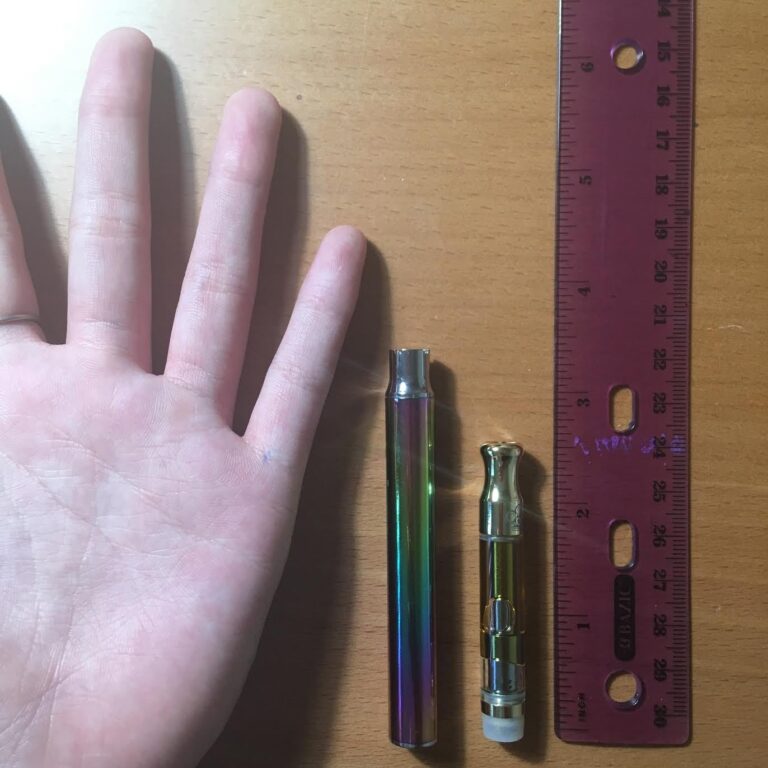How to Bypass Metal Detectors
If you’re looking to bypass metal detectors, you can do a few things. First, try wearing clothing that is loose-fitting and doesn’t have any metal on it. This includes removing belts, jewelry, or other items that may set off the detector. Let’s jump into the main topic; How to Bypass Metal Detectors.
You can also carry your belongings in a backpack or bag instead of on your person. If you have large metal items, such as laptops or cameras, you can ask to have them scanned separately. Finally, walk through the detector slowly and calmly to avoid setting it off.
- Research what type of metal detector you will be encountering
- Find the weaknesses or vulnerabilities of that particular type of metal detector
- Choose the appropriate method for bypassing the metal detector based on those weaknesses
- Practice your chosen method before attempting to bypass the actual metal detector
- Attempt to bypass the metal detector while remaining calm and collected
What Material Can Block Metal Detectors?
If you’re looking to block metal detectors, a few materials can do the trick. Lead is one of the most effective materials for blocking metal detectors, as it is dense and has a high atomic number. Other materials that can block metal detectors include aluminum foil, copper, and brass.
These materials work by creating a shield around the object they are wrapped around, preventing the metal detector from picking up on the metals inside.
What Can Disrupt a Metal Detector?
Metal detectors are one of the world’s most commonly used security devices. They are used in various settings, from airports to schools, to ensure the safety of everyone involved. However, certain things can disrupt a metal detector and cause it to give false readings.
Here is a list of common things that can interfere with metal detectors:
Ferrous metals: Metals that contain iron and are attracted to magnets. Examples include steel, cast iron, and wrought iron. Ferrous metals will cause a metal detector to give false positive readings.
Non-ferrous metals: These are metals that do not contain iron and are not attracted to magnets. Examples include aluminum, copper, and brass. Non-ferrous metals will usually not trigger a metal detector but can sometimes give false positive readings if they are close to ferrous metals.
Conductive materials: These materials allow electricity to flow freely through them and can cause interference with the electrical field that metal detectors use to detect metallic objects. Examples include wires, cables, and foil. Conductive materials should be avoided when possible, but if they must be used, they should be kept as far away from the metal detector.
Metallic objects: This is self-explanatory, but anything made of metal will cause a metal detector to go off. This includes coins, jewelry, keys, and even clothing rivets or buttons.
Does Aluminum Foil Stop Metal Detectors:
No, aluminum foil will not stop metal detectors. Metal detectors work by detecting the presence of metal in an object. Aluminum foil is made of metal, so a metal detector will see it.
How Do You Sneak Vape Through a Metal Detector:
Assuming you are trying to sneak a vape pen through a metal detector at school or work, you can do this in a few ways. The best way is to disassemble the pen and remove the metal parts. This includes the cartridge, atomizer, and battery.
You can then put these parts in your pocket or bag. Some people will try to wrap the parts in tinfoil, but this is unnecessary and can make the detection more likely. If you have a plastic or glass cartridge, keep it on the outside of your clothing so that it does not come into contact with your skin.
How to Bypass Metal Detectors with Cell Phones
Metal detectors are a common security measure in public places, but they can be annoying (and even intrusive) when you’re just trying to go about your business. Luckily, there’s a simple way to bypass metal detectors with your cell phone. Here’s how it works: most metal detectors are set to ignore small objects, like keys or coins.
But if you put your cell phone in your pocket, the detector will think it’s a large object and sound the alarm. So if you want to get through a metal detector without setting it off, just put your cell phone in your pocket! Of course, this trick will only work sometimes – sometimes metal detectors are set to be more sensitive, and other times they may be specifically looking for cell phones.
But it’s worth a try next time you encounter an inconvenient security check.
How to Get Through a Metal Detector with a Vape
Vaping has become a popular way to consume nicotine, especially among people trying to quit smoking. However, vaping can pose some challenges, particularly through metal detectors.
Here are some tips on how to get through a metal detector with a vape:
- Remove the battery from your vape before going through the metal detector. This will help to avoid setting off the alarm.
- If you have a disposable vape pen, empty it before going through the detector. Again, this will help to prevent setting off the alarm.
- If you have an e-liquid bottle, remove the lid and any other metal parts before going through the detector. Once again, this will help to reduce the chances of setting off the alarm.
- Put all your vaping gear in a clear plastic bag before going through security. This will help security personnel see what you have and make it easier for them to inspect your belongings.
How to Sneak a Knife Past a Metal Detector
Assuming you’re talking about getting a metal knife past a walk-through metal detector: The most important thing is to have the knife close to your body. The further away it is, the more likely it will be detected.
If possible, wear loose clothing that will help conceal the knife. It’s also helpful to have the bulk of the knife blade pointed downward so that it doesn’t come into contact with as much of the metal detector. Finally, try walking through at an angle rather than directly through the middle – this can help reduce the time the blade is in contact with the detector.
Does Aluminum Foil Block Metal Detectors
Someone other than aluminum foil is not your friend if you’re looking to sneak something metal past a metal detector. Metal detectors are designed to pick up all sorts of metallic objects, and aluminum foil is no exception. Most security experts will tell you that aluminum foil is one of the easiest things for a metal detector to find.
So why does aluminum foil set off metal detectors? It all has to do with the way that metal detectors work. Metal detectors use a principle called electromagnetic induction to detect metallic objects.
When a metallic object is placed within the magnetic field created by the metal detector, it disturbs the field and sets off an alarm. Aluminum foil is particularly good at setting off metal detectors because it is very thin and has a large surface area. This means it disturbed the magnetic field more than a thicker piece of metal would.
Additionally, aluminum foil is often used to wrap food, so it frequently comes into contact with skin – another conductor of electricity that can set off a metal detector alarm. So, if you’re trying to avoid setting off a metal detector, leaving the aluminum foil at home is best.
Conclusion
Metal detectors are becoming increasingly common in public places like schools, courthouses, and airports. While most people go through them without issue, some must find ways to bypass them. There are a few different ways to do this, but the most common is wearing metal-free clothing or carrying metal-free items.
Another way is to use a handheld metal detector to scan for metal objects on your person before going through the security checkpoint.







